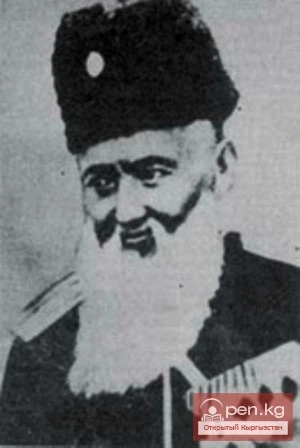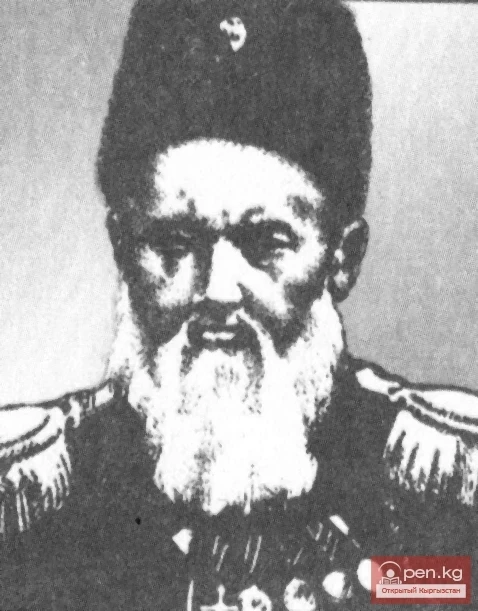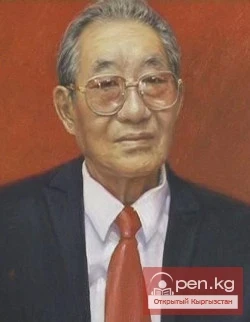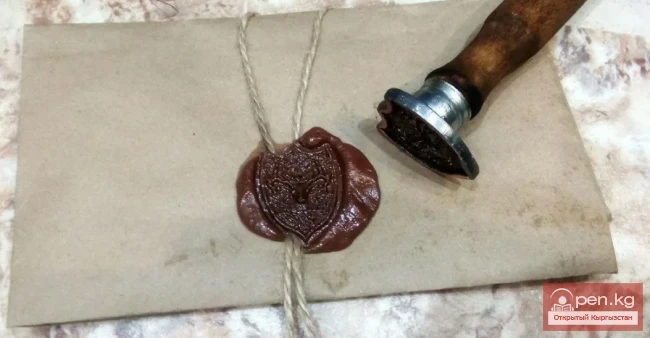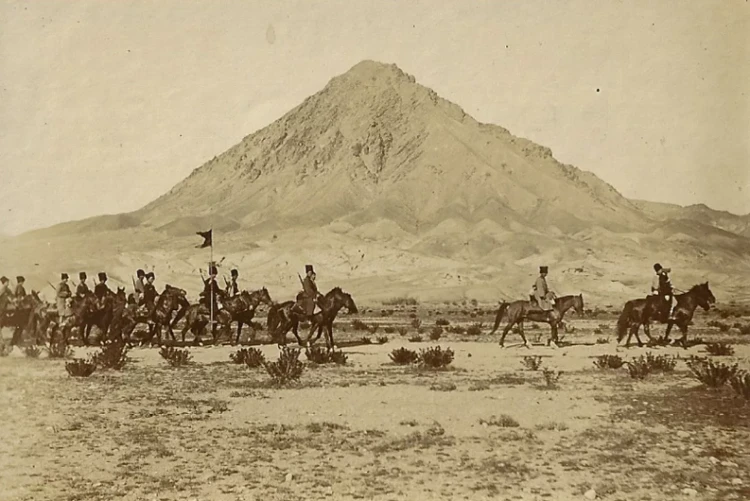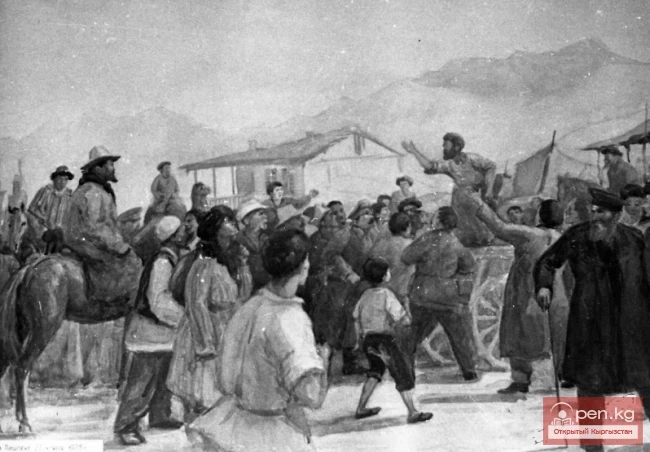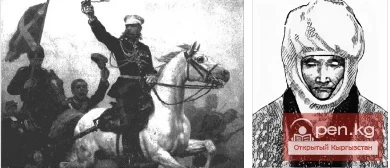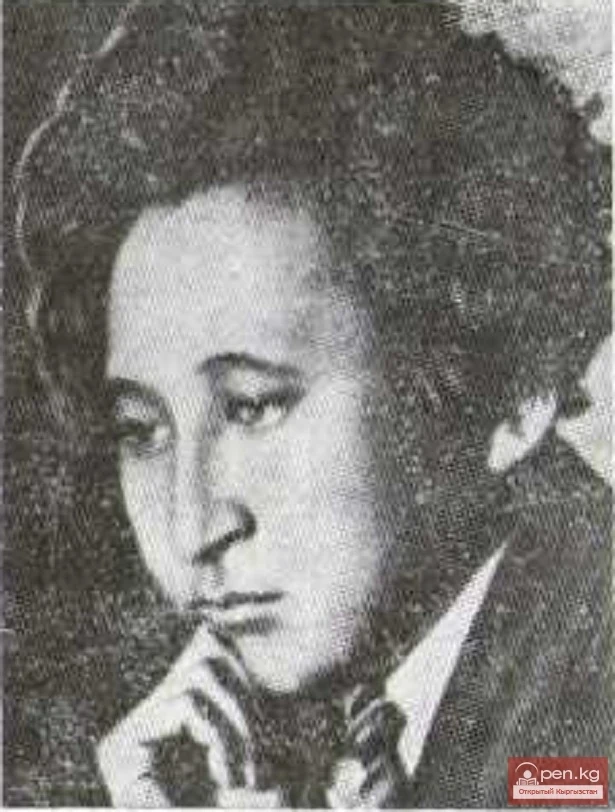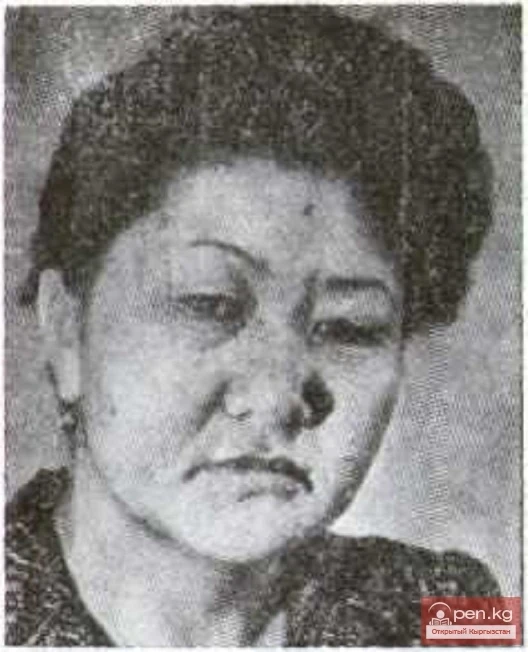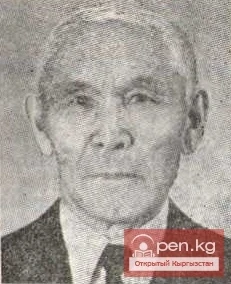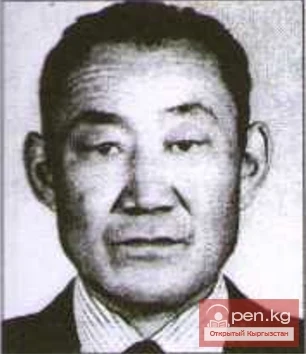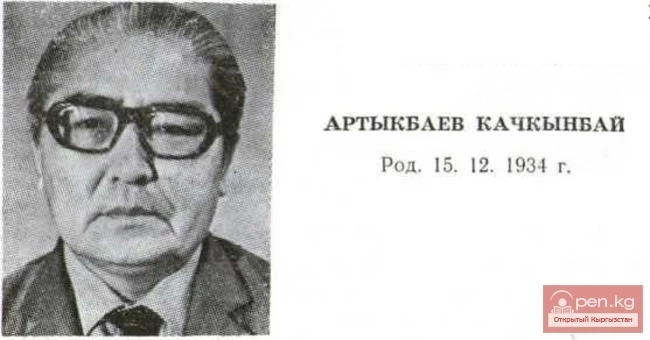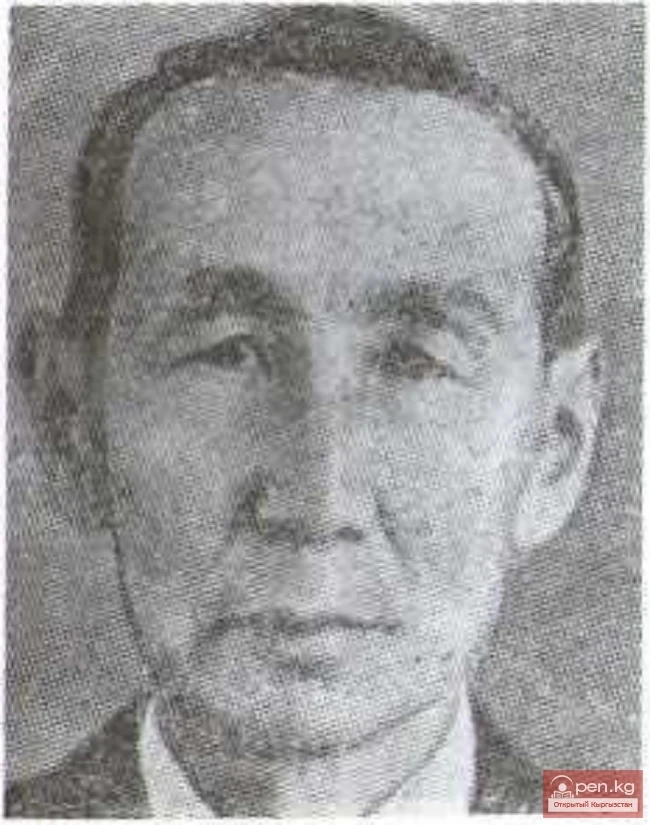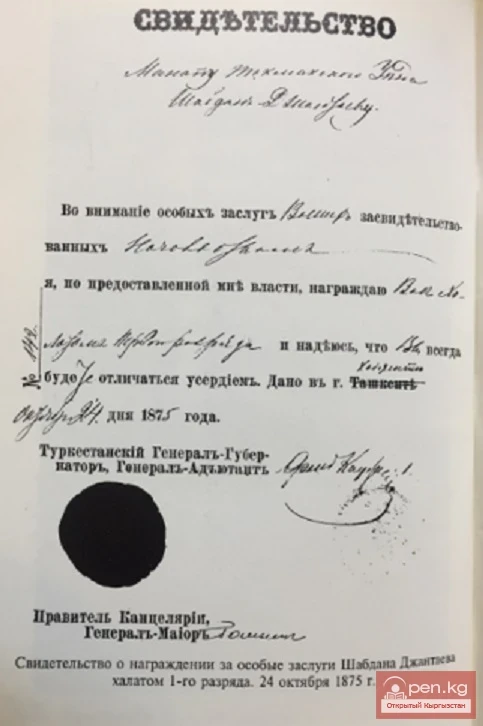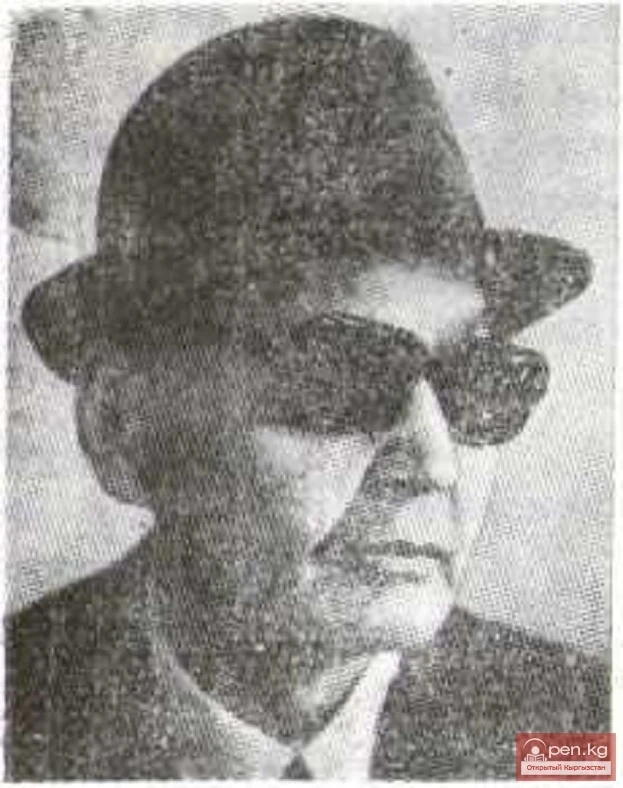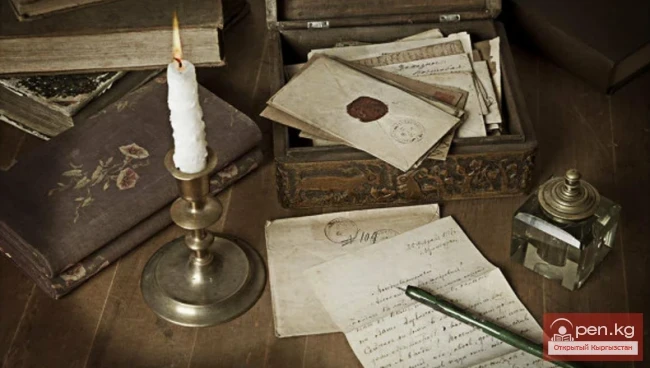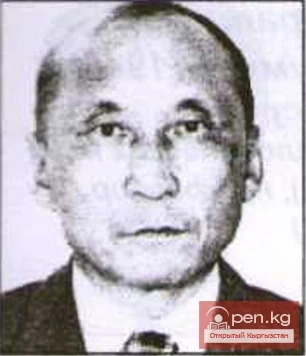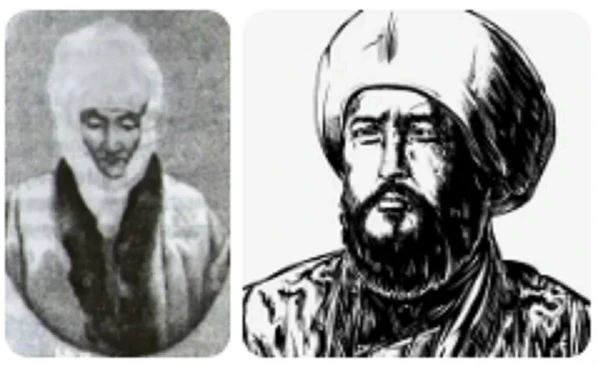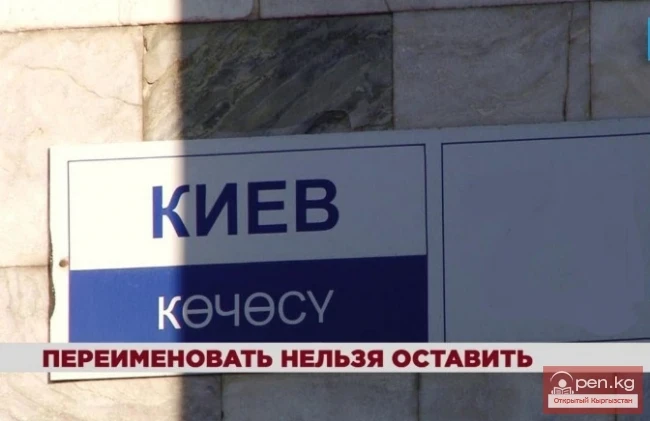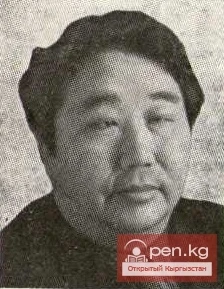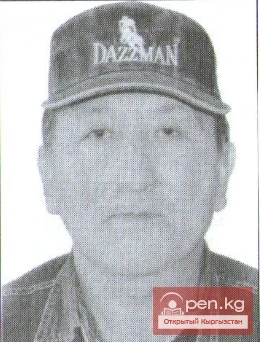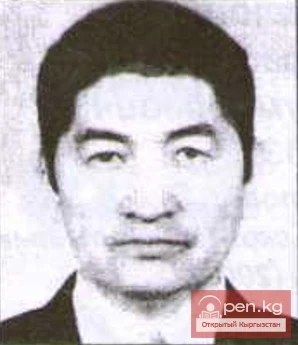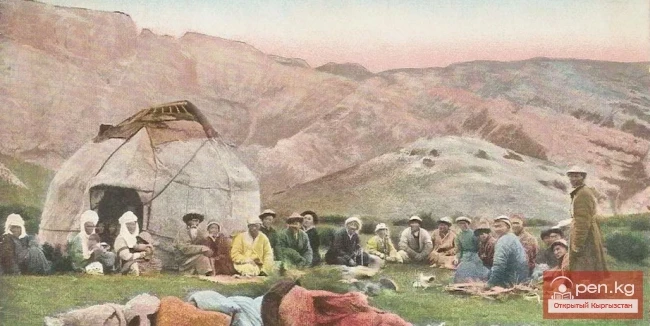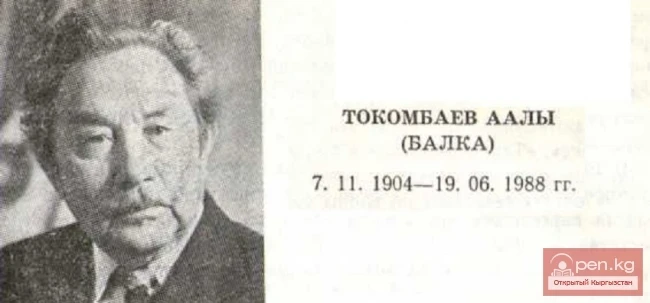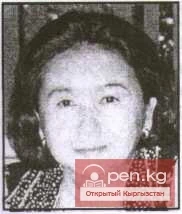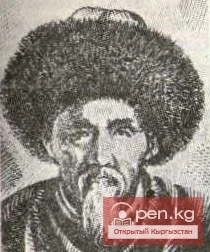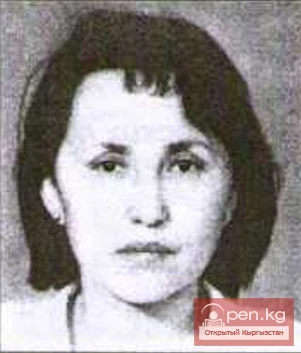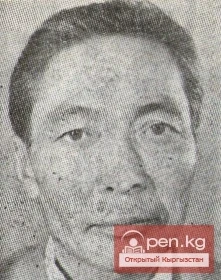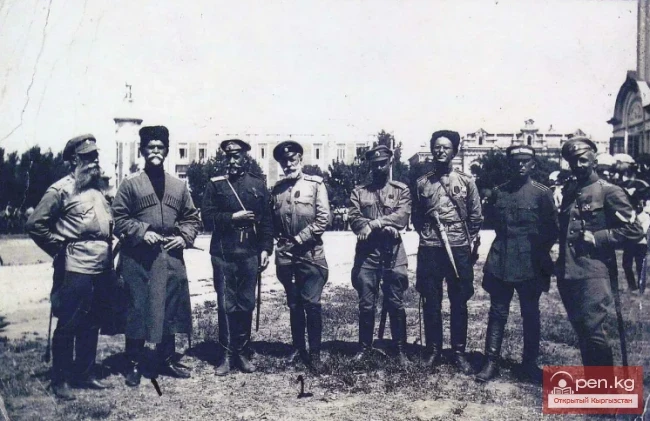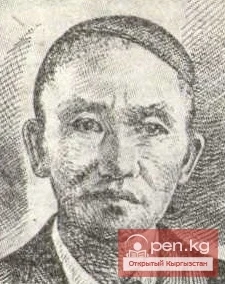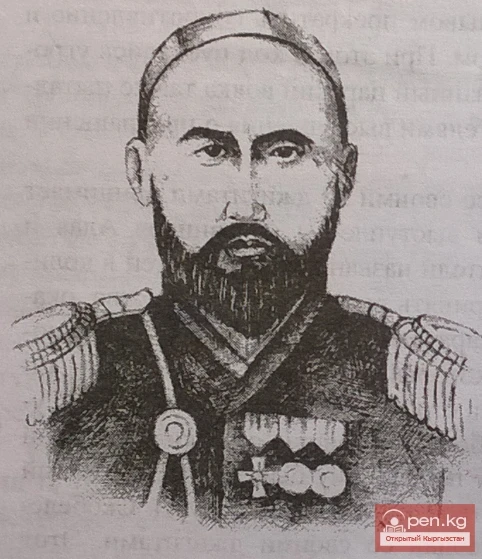
Suppression of the Uprising of the Nomads of Alai and Gulchi
In mid-1876, Shabdan, along with his 25 horsemen, actively participated in suppressing the uprising of the nomads of Alai and Gulchi. In July of the same year, the residents of these areas, numbering 2,000 people, refused to accept Russian citizenship and resisted the imperial punitive detachment led by Captain Kuropatkin, who was seriously wounded during the clash. The leaders of the rebels were Abdullabek, Omorbek, Sulayman Udaichi, and Abdul-Karimbek. The insurgents surrounded the imperial punitive detachment. To assist the latter, a new punitive detachment was sent under the command of Major General M.D. Skobelev, who was accompanied by Shabdan and his horsemen. This imperial general, seeing the numerical superiority of the rebels, attempted to resolve the matter peacefully. Skobelev appealed to the insurgents, urging them to cease resistance and come to the victors with a bow. In one of his addresses on July 21, 1876, he stated: "I declare: anyone who opposes the will of the mighty Yarym-Pasha (the Turkestan Governor-General—K.U.) will face shame or death if he dares to confront the invincible army of the Russian Tsar. But this threat did not yield the desired result.
Therefore, Skobelev attempted to negotiate with the leaders of the uprising to end the resistance through an influential representative of the indigenous population. For this purpose, Shabdan's brother Baybosun, along with several horsemen, was sent to Abdullabek. However, the insurgents, unwilling to surrender to the punitive forces, captured Baybosun and his horsemen and headed towards the Kyzyl-Art pass. They were pursued by the manap Shabdan and his horsemen. Several clashes occurred between the participants of the uprising and the pursuers.
In the same month, Shabdan demonstrated activity and diligence in suppressing the uprising of the Kyrgyz nomads who were camping in the areas of Durgumakh, Karakul, and Daut along the Sokh River. The rebels numbered over 800 people. This time, Shabdan and his horsemen operated alongside the detachment of Colonel Prince Witgenstein. During the clash with the insurgents, 18 of Shabdan's horsemen were wounded. The uprising, despite the determination of its participants, was suppressed, and the rebels' livestock was recaptured and offered to Shabdan. However, he refused, telling the commander of the punitive detachment: "I came here and act not for the livestock, but to fulfill my official duties."
Shabdan Batyr and his horsemen were compelled to assist the imperial military detachment. In doing so, the named batyr treated the local residents with sympathy, tried to resolve the matter peacefully, and save his kin from bloodshed. It is no coincidence that the eldest son of Kurmanjan Datka, Abdullabek—the leader of the described uprising—addressed Shabdan in a letter to Major General Skobelev with trust and wanted to rely on him.
After the defeat of the uprising, Abdullabek, along with some close associates, fled through the canyons of Chon-Suu and Tuyuk-Suu beyond the borders of the region, where he soon died.
Clashes of the Rebels in the Summer of 1876 with the Imperial Punitive Forces



